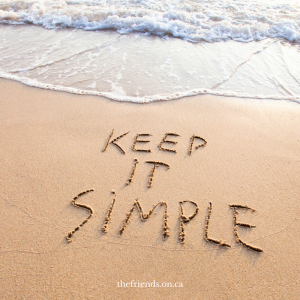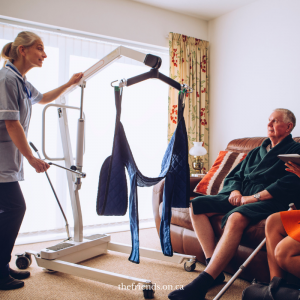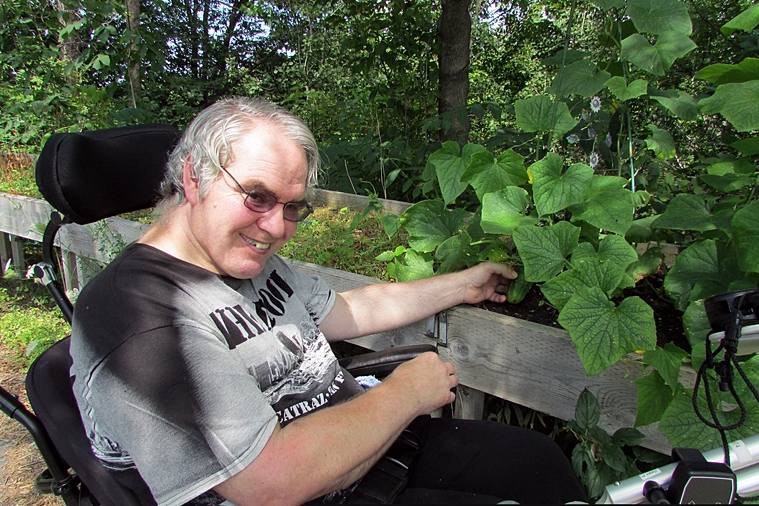I wrote myself a “Welcome Home!” note in the hallway before leaving the house this morning. This is not a usual thing. But I’ve recently transitioned to living alone and it has not been easy.
Going from a busy bustling household to a more singular life didn’t happen in a day, but now that it’s the new norm, the noise level has dialed down to an almost zero. The irony? I used to long for solitary moments, in a clean zen-like house with time to take care of myself. Now that it’s here, the silence feels…lonely.
So I am making my own noise. I find myself talking out loud rather often just to hear my voice. The radio is on all day and instead of my favourite music, I am listening to talk radio and chiming in on the conversation. And yes, I am writing myself friendly little notes to welcome me home after a busy day. For now, it’s a simple way to make the moments alone a little merrier, and it’s easier than getting a puppy.
Are you living alone? How do you enjoy it? Let’s have a conversation.







